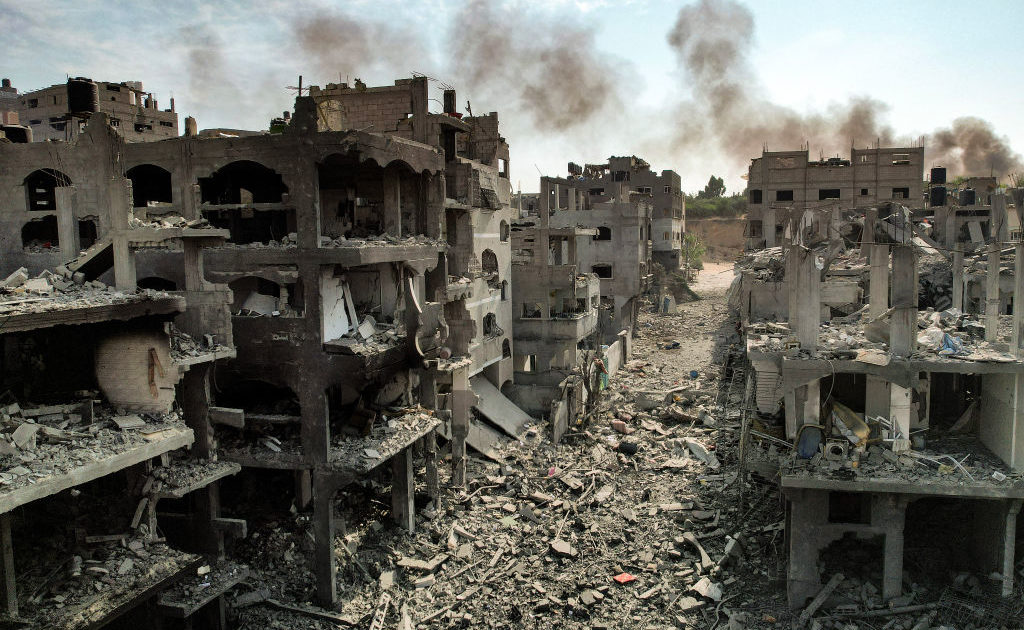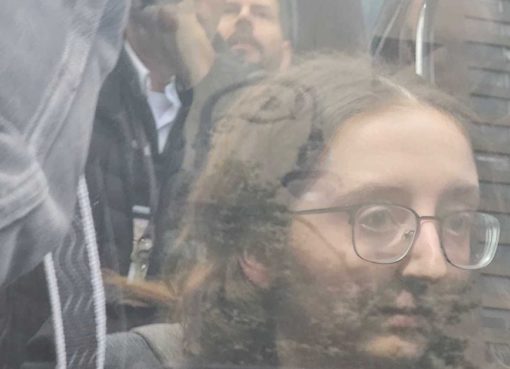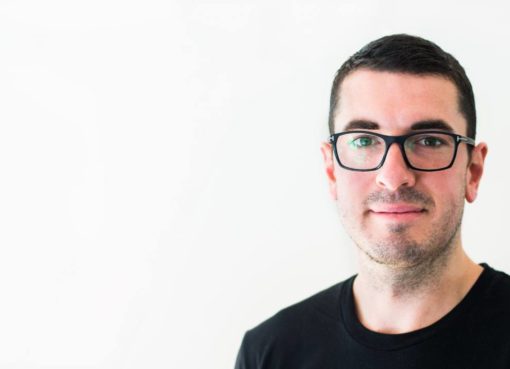(RAFAH, Gaza Strip) — Israel’s assault in Gaza has killed more than 29,000 Palestinians since Oct. 7, the territory’s Health Ministry said Monday, marking another grim milestone in one of the deadliest and most destructive military campaigns in recent history.
Israeli Prime Minister Benjamin Netanyahu has vowed to continue the offensive until “total victory” against Hamas after the militants’ Oct. 7 attack on Israeli communities. He and the military have said troops will move soon into the southernmost town of Rafah on the Egyptian border, where over half of Gaza’s 2.3 million people have sought refuge from fighting elsewhere.
The United States, Israel’s top ally, says it is still working with mediators Egypt and Qatar to try to broker another cease-fire and hostage release agreement. But those efforts appear to have stalled in recent days, and Netanyahu angered Qatar by calling on it to pressure Hamas and suggesting it funds the militant group.
The conflict has also brought near daily exchanges of fire between Israel and Lebanon’s Hezbollah militant group that frequently threaten to escalate.
Israeli warplanes on Monday carried out at least two strikes near the southern port city of Sidon in one of the largest attacks near a major city, Lebanese state media said. There was no immediate word on casualties. The Israeli military said it attacked Hezbollah arms depots near Sidon in retaliation for a drone that exploded in an open field near the northern Israeli city of Tiberias earlier Monday.
In Gaza, the Health Ministry said the death toll had risen to 29,092 since the start of the war, around two-thirds of them women and children. More than 69,000 Palestinians have been wounded, overwhelming the territory’s hospitals, less than half of which are even partially functioning.
The ministry does not distinguish between civilians and combatants in its count. The Health Ministry is part of the Hamas-run government in Gaza but maintains detailed records of casualties. Its figures from previous wars in Gaza have largely matched those of U.N. agencies, independent experts and Israel’s own tallies.
The war began when Hamas-led militants stormed into southern Israel from Gaza on Oct. 7, killing some 1,200 people, mostly civilians, and taking around 250 men, women and children hostage. After a round of exchanges for Palestinians imprisoned by Israel in November, around 130 remain captive, a fourth of them believed to be dead.
The Israeli military released a video on Monday showing what is believed to be the youngest hostage, his brother and mother being led through the streets of the southern Gaza city of Khan Younis soon after their kidnapping on Oct. 7.
The video provides evidence that Shiri Bibas and her two young boys, Ariel, 4, and Kfir, who was 9 months old at the time, survived the initial kidnapping. The boys are the only children who remain in captivity, along with their mother.
Rear Adm. Daniel Hagari, the military’s chief spokesman, said the army is “very concerned” about the family’s wellbeing. He said the army found the videos in security cameras seized during its offensive in Khan Younis.
The video appears to show Bibas, wrapped in a blanket, being led through a dirt street by her captors as she carries Ariel. The military said it believed that Kfir was in a baby sling and could not be seen under the blanket.
The infant with red hair and a toothless smile has become a symbol across Israel for the helplessness and anger over the hostages still held in Gaza. Their father, Yarden Bibas, is also still in captivity.
In a statement, the extended Bibas family said the videos “tear our hearts out.” They made a desperate plea for negotiations to release all of the hostages. In January, the family and hundreds of activists marked Kfir’s first birthday in what his family called “the saddest birthday party in the world.”
With thousands of Palestinians detained by Israel since the war began, an Israeli human rights group reported that Palestinians inside Israeli prisons face daily violence from guards, who enter cells and beat inmates with batons, kicks and fists without provocation in abuse it said could amount to torture. Physicians for Human Rights—Israel said in a report Monday that detainees reported guards urinating on them and forcing them to kiss the Israeli flag and to strip. Prisoners are also held in overcrowded cells and deprived of water for long periods, it said.
The U.N. High Commissioner for Human Rights expressed concern about hundreds of Palestinian women and girls in Israeli detention. It said there were credible reports that at least two were raped, and others “subjected to multiple forms of sexual assault,” including being stripped naked and searched by male officers and being photographed “in degrading circumstances.”
Israel says it has killed over 10,000 Palestinian militants but has provided no evidence for its count. The military says it tries to avoid harming civilians and blames the high death toll on Hamas because the militant group fights in dense residential neighborhoods. The military says 236 of its soldiers have been killed since the start of the ground offensive in late October.
On Sunday, Benny Gantz, a member of Netanyahu’s three-man War Cabinet, warned that the offensive would expand to Rafah if the hostages are not freed by the start of the Muslim holy month of Ramadan, expected around March 10.
Israel has said it is developing plans to evacuate civilians from Rafah, but it’s not clear where they would go in the devastated territory, large areas of which have been flattened. Egypt has sealed the border and warned that any mass influx of Palestinians could threaten its decades-old peace treaty with Israel.
Already, the war has driven around 80% of the Palestinians in Gaza from their homes and has left a quarter of the population starving, according to U.N. officials.
The United States says it is still pushing for a truce and hostage-release, and that it would veto a U.N. Security Council resolution calling for an immediate cease-fire because it conflicts with those efforts.
Hamas has said it won’t release all of the remaining hostages until Israel ends the war and withdraws from Gaza. It is also demanding the release of hundreds of Palestinian prisoners, including top militants.
Netanyahu has rejected those demands. In a speech before American Jewish leaders on Sunday, he said pressure should be applied on Qatar, which played a key role in mediating last year’s cease-fire and hostage release deal.
“Qatar can press Hamas as no one else can. They host Hamas leaders, Hamas is dependent on them financially,” Netanyahu said. “I urge you to press Qatar to press Hamas because we want our hostages released.”
Majed al-Ansari, Qatar’s foreign ministry spokesperson, dismissed Netanyahu’s remarks as “a new attempt to stall and prolong the war for reasons that have become obvious to everyone,” alluding to the Israeli leader’s domestic political troubles.
Qatar denies funding Hamas and says its provision of aid to Gaza in recent years was carried out in full coordination with Israel, the U.S. and other parties.
“The Israeli prime minister knows very well that Qatar has been committed from day one to mediation efforts, ending the crisis and freeing the hostages,” al-Ansari said.
Magdy reported from Cairo.




